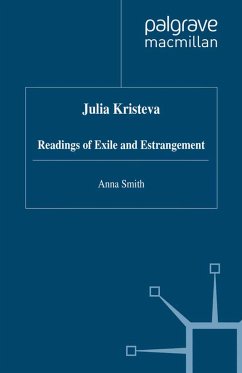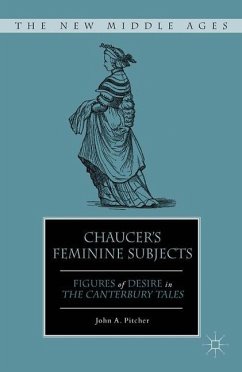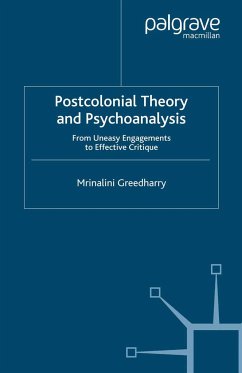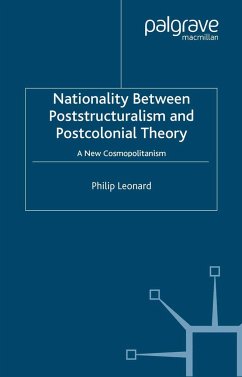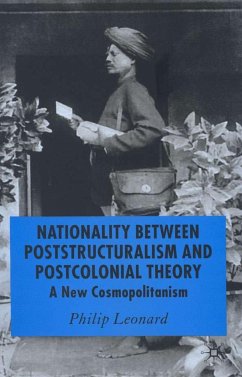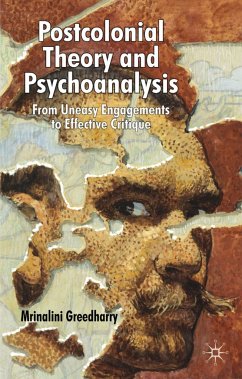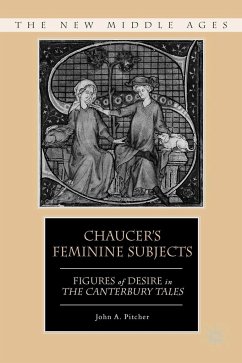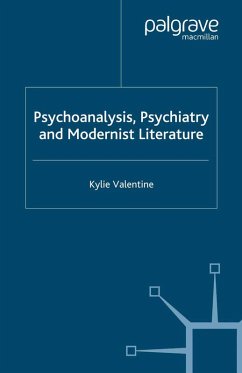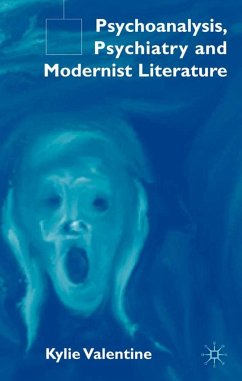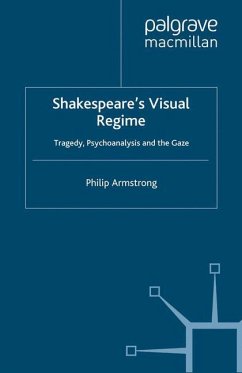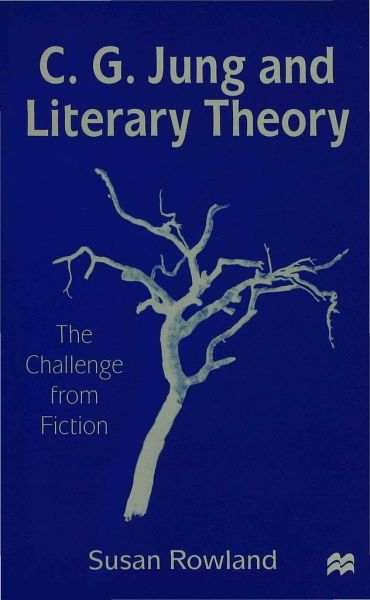
C.G.Jung and Literary Theory
The Challenge from Fiction

PAYBACK Punkte
38 °P sammeln!
C.G. Jung and Literary Theory remedies a significant omission in literary studies by doing for Jung and poststructuralist literary theories what has been achieved for Freud and Lacan. Offering radically new Jungian theories of deconstruction, feminism, the body, sexuality, spirituality, postcolonialism, reader-response, the book also investigates the controversial occult and fascist heritage of Jung. By using the work of Derrida, Kristeva and Irigaray and examining Jungian fiction, this book transforms modern literary theory in ways which simultaneously critique Jung's work.





